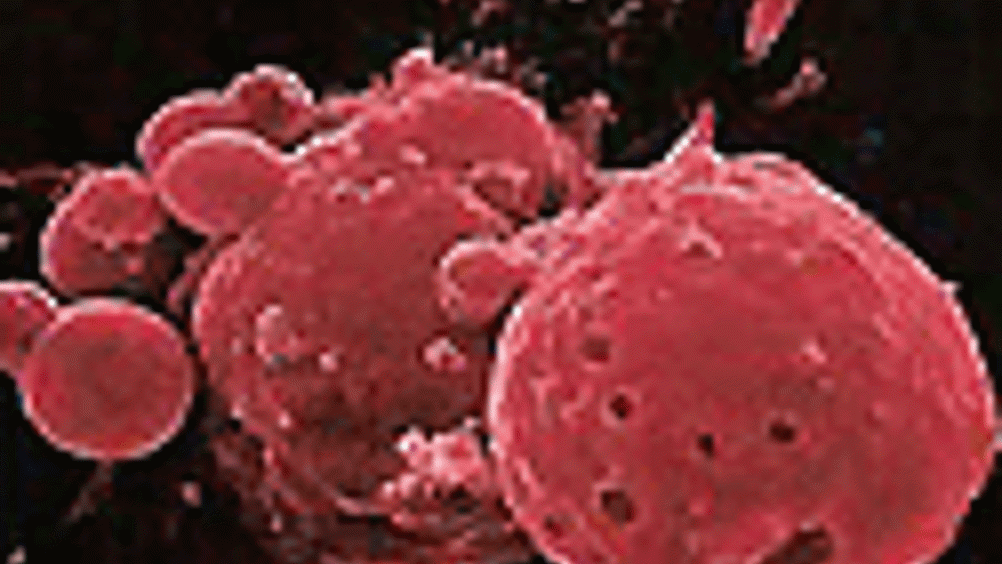St Andrews search for cancer

Researchers in Scotland have been awarded £850,000 to create mini detection units to help detect bladder, lung and cervical cancers.
Professors Thomas Krauss and Kishan Dholakia, of St Andews University, are to create an optical trap made of semiconductor laser material which will form the units. The techonology, which is already patented, will also detect biological warfare agents such as anthrax.
‘At present a range of diseases are detected by arrays of test tubes and expensive and compicated machines operated by skilled personel,’ said Kraus. ‘Lab-on-a-chip devices simplify biochemical testing and allow processes usually confined to a remote lab to take place at the point of care, for example in a GP practice. Our technology integrates lasers and detectors right onto the chip. Developing these techniques ‘on chip’ will make them potentially usable by patients as well as the medical profession.’
The technology uses all-optical sensing methods which could be used to detect materials such as pollen, yeast, erythrocytes, bacteria and viruses. It is hoped the devices could be commericially available within five to ten years.
Register now to continue reading
Thanks for visiting The Engineer. You’ve now reached your monthly limit of news stories. Register for free to unlock unlimited access to all of our news coverage, as well as premium content including opinion, in-depth features and special reports.
Benefits of registering
-
In-depth insights and coverage of key emerging trends
-
Unrestricted access to special reports throughout the year
-
Daily technology news delivered straight to your inbox










BEAS funding available to help businesses cut energy costs
And not a moment too soon, if the following exchange broadcast last Friday 13th June, on the Radio 4 ´Rare Earth´ program (link below, ~ 17 minutes...